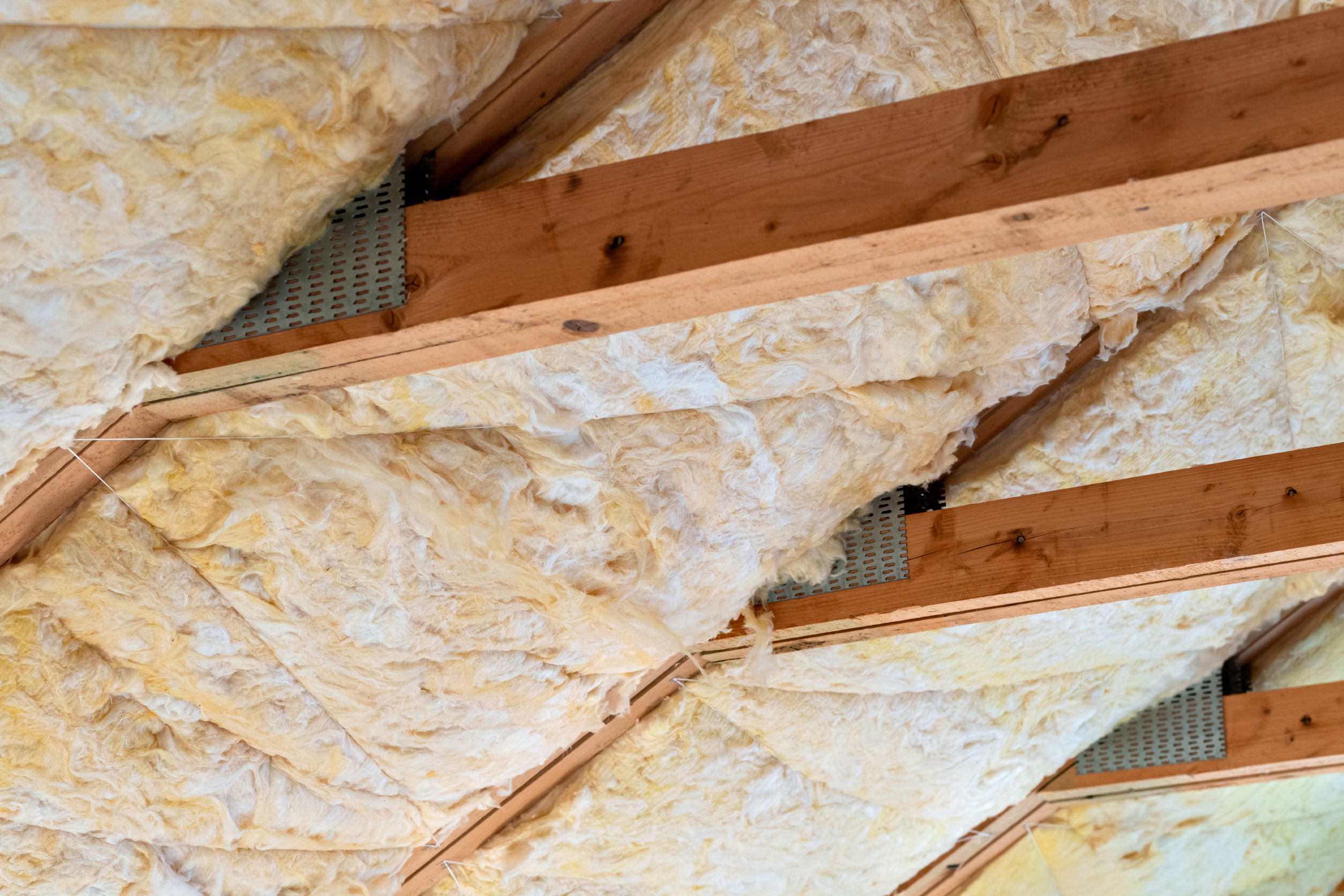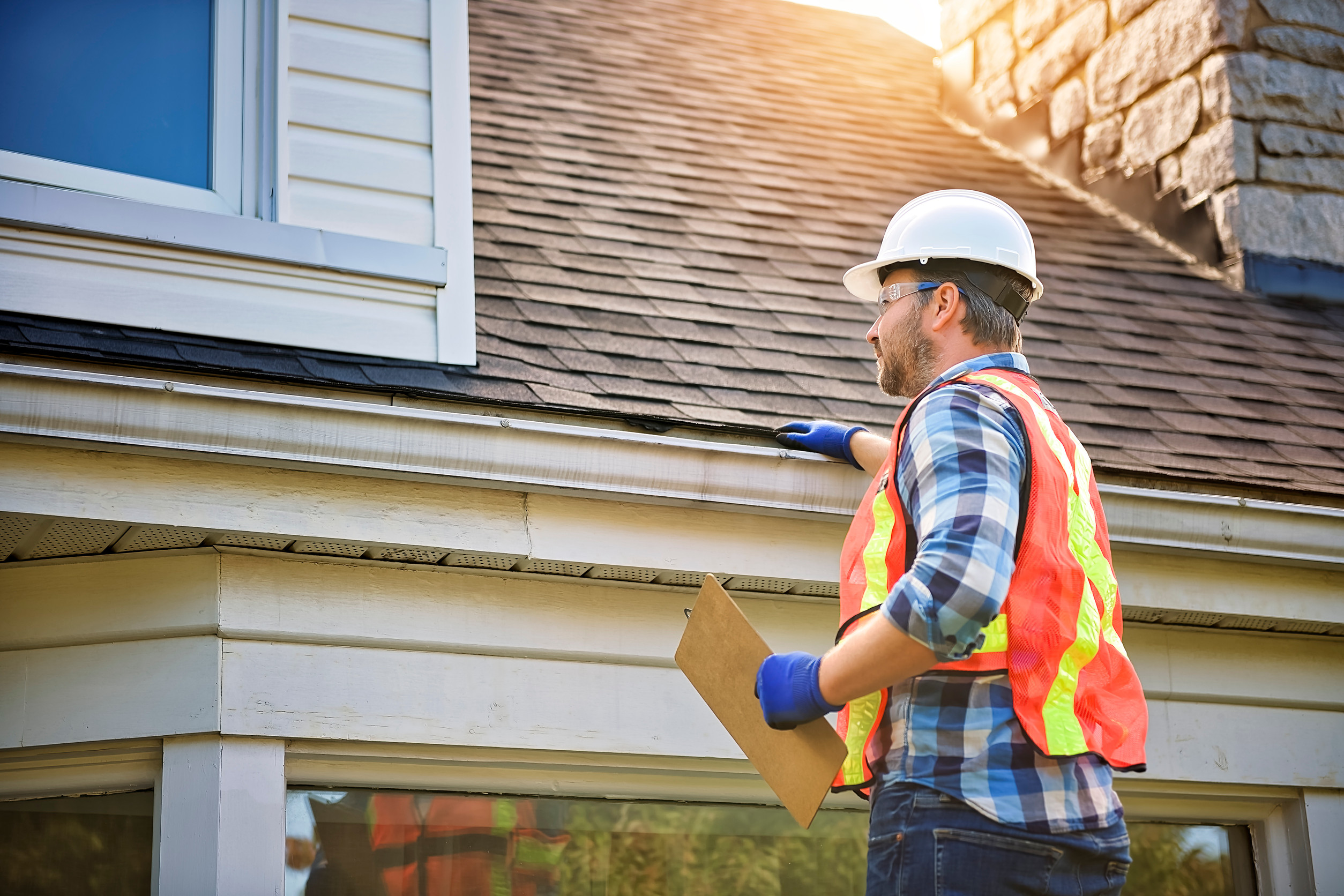Can You Replace a Roof in the Winter?
When most homeowners think about roof replacement, they imagine sunny skies and warm weather. It feels natural to associate roofing projects with spring and summer, when conditions seem more favorable. However, the truth is that roof replacement can and does happen year-round—including in the winter. If your roof is in bad shape, waiting until warmer months could lead to costly interior damage and even structural issues. But can you really replace a roof in the winter? The answer is yes, but it requires the right expertise, materials, and preparation.
This article explores everything you need to know about winter roof replacements, from potential challenges and benefits to how professional roofers like RC Roofing make it work safely and effectively.
Why Winter Roof Replacements Happen
Homeowners rarely get to choose when a roof fails. Storms, heavy snowfall, ice, or simply the natural aging of shingles can lead to leaks or other urgent problems during the colder months. In those cases, postponing repairs until spring is not an option.
For example, if your roof starts leaking during a January snowstorm, you cannot afford to wait three months for warm weather. That’s when professional contractors step in to perform winter replacements. While not as straightforward as summer work, winter roofing is often necessary to protect your home from serious water damage.
Common Challenges of Winter Roof Replacement
Replacing a roof in the winter is possible, but it comes with a few unique challenges that homeowners should be aware of.
1. Cold Temperatures and Shingle Flexibility
Asphalt shingles, one of the most common roofing materials, can become brittle in very cold temperatures. This increases the risk of breakage during installation. However, professional roofers use specialized handling techniques to minimize damage, and they often store shingles in heated areas before installation to maintain flexibility.
2. Adhesive Activation
Most asphalt shingles come with a self-sealing strip that requires sunlight and warmth to bond properly. In colder months, roofers may use additional adhesives or sealants to ensure the shingles stay secure until the weather warms enough for the strips to activate naturally.
3. Snow and Ice Safety
Winter roofing requires heightened safety measures. Ice on ladders, snow on the roof, and slick conditions can make the work more dangerous. That’s why experienced crews use specialized equipment and safety protocols to navigate these conditions safely.
4. Shorter Days
Winter days are shorter, which means roofers have fewer daylight hours to complete a project. While this doesn’t prevent roof replacement, it often requires more efficient scheduling and planning.
Advantages of Replacing a Roof in Winter
While the challenges are real, winter roof replacement also offers some surprising benefits.
Immediate Protection
If your roof is actively leaking or compromised, waiting until spring could cause significant interior damage. A winter replacement provides peace of mind and immediate protection.
Faster Scheduling
Spring and summer are the busiest times of year for roofing companies. By scheduling work in the winter, you may benefit from faster service and more flexible scheduling.
Potential Cost Savings
Some contractors may offer seasonal discounts during slower winter months. While price should never be the main factor, it can be a helpful bonus when budgeting for a new roof.
Best Roofing Materials for Winter Installation
Not all roofing materials handle cold weather installation equally. Professional contractors help homeowners choose options that perform well even when installed during colder months.
Asphalt Shingles
Asphalt shingles remain the most common choice for winter roof replacements. With proper handling, storage, and sealing techniques, they can be installed safely even in low temperatures.
Metal Roofing
Metal roofing is an excellent option for winter installation because it is less affected by cold temperatures and does not require adhesives to seal. Metal panels are mechanically fastened, making them highly reliable in cold conditions.
Flat Roofing Materials
For flat roofs, certain materials like TPO or EPDM membranes can be installed in winter, though adhesives may require careful handling. Modified bitumen, often applied with heat, is another solid option for cold-weather flat roof replacements.
What to Expect During a Winter Roof Replacement
If you schedule a roof replacement in winter, here’s what the process typically looks like.
Initial Inspection
Roofers begin with a detailed inspection to assess the extent of damage and determine the best approach. This includes checking for leaks, insulation issues, and structural integrity.
Preparation and Safety Measures
The crew will clear snow and ice from the roof before starting work. They may also use tarps and heating equipment to keep materials workable and the workspace safe.
Installation Process
Depending on the roofing material, roofers will adapt their methods. For shingles, they may hand-seal each piece to ensure a secure bond. For metal roofing, they will carefully fasten panels to prevent expansion and contraction issues.
Final Checks
Once the roof is installed, the crew will perform a detailed inspection to confirm that every component is sealed properly. This is especially important in winter, as any weak point could allow moisture intrusion during the next snowstorm.
Preventing Problems With Winter Roof Work
Homeowners can take several steps to ensure a smooth winter roof replacement:
- Hire experienced professionals. Winter roofing requires skill and knowledge that not all contractors possess. RC Roofing specializes in both residential and commercial projects year-round.
- Plan for extra time. Weather conditions may cause delays, so flexibility is important.
- Consider long-term performance. Investing in high-quality materials ensures your roof withstands not only the winter but many seasons to come.
Winter Roof Replacement for Commercial Properties
Winter roofing isn’t just for homeowners. Businesses with flat or low-slope roofs often face unique challenges in colder weather. Leaks or ponding water can disrupt operations and damage equipment.
RC Roofing’s commercial roofing services provide year-round protection for businesses, ensuring that operations are not compromised by roof damage, regardless of the season.
Why RC Roofing Is the Right Choice for Winter Projects
When replacing a roof in winter, you need a contractor with proven experience, safety expertise, and knowledge of specialized cold-weather techniques.
At RC Roofing, we’ve been serving Tennessee homeowners and businesses since 2004. Our portfolio showcases projects completed in all seasons, demonstrating our ability to deliver lasting results, even in challenging weather.
We also provide ongoing resources through our roofing blog, where you can explore topics like:
- How Often Should You Inspect Your Roof
- Which Roofing Option Is Best
- How Long Does a Roof Replacement Take
By educating homeowners and offering tailored solutions, we ensure that every client makes confident, informed decisions.
Final Word: Can You Replace a Roof in Winter?
Yes, you can replace a roof in the winter, but it requires the right approach and expertise. While cold temperatures and shorter days present challenges, experienced professionals can navigate these obstacles and provide reliable, long-lasting results.
Whether you need urgent leak repair, a full roof replacement, or are simply exploring your options, RC Roofing is here to help. Our skilled team offers expert residential roofing and commercial roofing solutions across East Tennessee, ensuring your home or business stays protected no matter the season.
Frequently Asked Questions
1. Can you really replace a roof during the winter months?
Yes, roofs can be replaced in winter. Professional roofers use specialized techniques to handle cold temperatures, brittle shingles, and adhesive issues to ensure the roof is properly installed.
2. Is it safe for roofers to work on my home in snowy or icy conditions?
Experienced roofing contractors take strict safety precautions, such as clearing snow and ice, using harnesses, and scheduling work during favorable weather windows to ensure safe installation.
3. Will my new shingles seal properly in cold weather?
Shingles have a self-sealing strip that activates with heat, but in winter, roofers often use hand-sealing adhesives to ensure a strong bond until warmer weather arrives.
4. Is metal roofing a better choice for winter installation?
Yes, metal roofing is ideal for winter installation since it is mechanically fastened and doesn’t rely on heat-activated adhesives, making it more reliable in cold weather.
5. How long does a winter roof replacement take?
The timeline depends on the size and complexity of the roof. While cold weather may slow the process slightly, most replacements are still completed within a few days.
6. Will a winter roof replacement cost more than in the summer?
Not necessarily. In fact, because winter is a slower season for many contractors, you may benefit from more flexible scheduling or even seasonal pricing advantages.
7. Can a flat roof be replaced in winter?
Yes. Materials like TPO, EPDM, or modified bitumen can be installed during winter, though roofers use specific adhesives or heat applications to ensure proper sealing. Learn more in our guide on the best roofing options for flat roofs.
8. What are the biggest risks of delaying roof replacement until spring?
Waiting could allow leaks to worsen, leading to interior water damage, insulation problems, and even structural concerns. Winter replacement ensures your home stays protected.
9. Will my roof warranty still be valid if installed in winter?
Yes. Professional roofers ensure that all materials are installed according to manufacturer standards, so your warranty remains valid regardless of the season.
10. Who should I trust for a winter roof replacement in East Tennessee?
Homeowners should work with experienced contractors like RC Roofing. With expertise in both residential roofing and commercial roofing, RC Roofing delivers quality results year-round.







